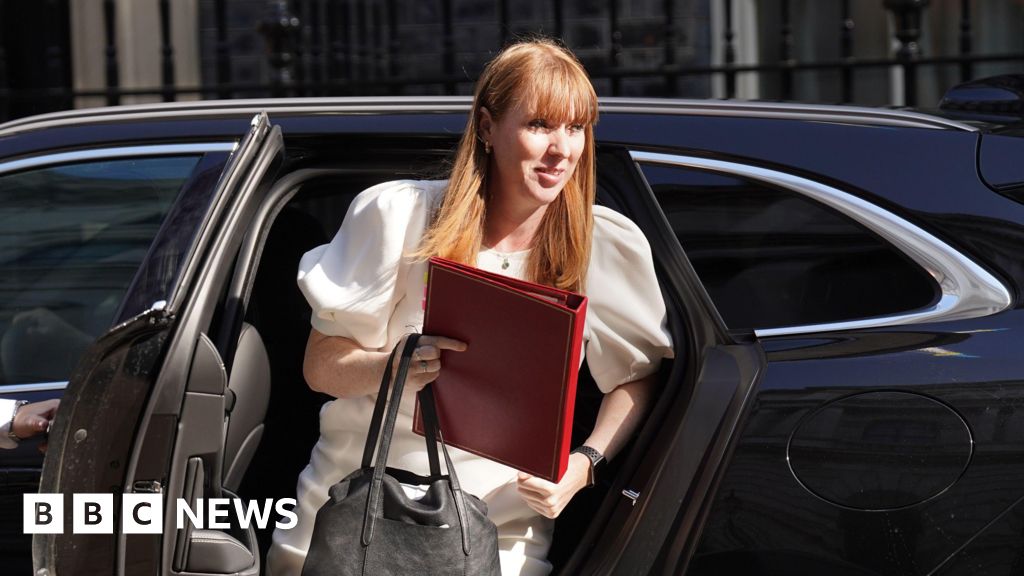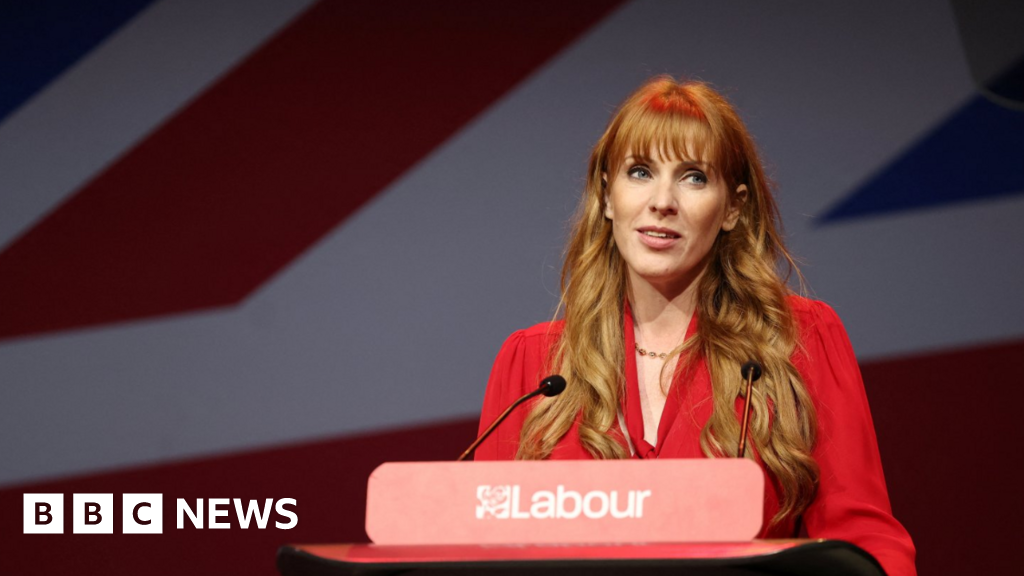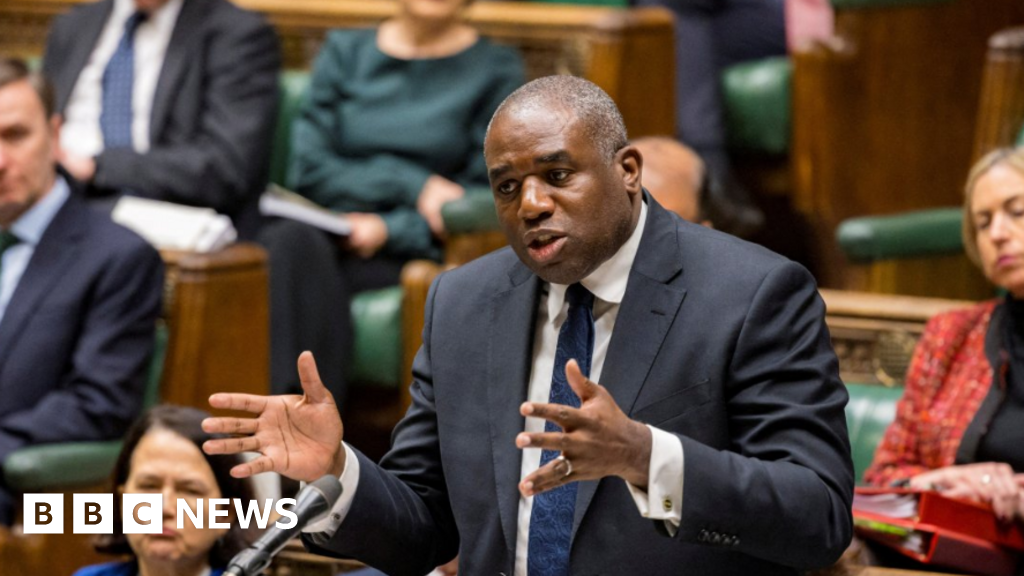ARTICLE AD BOX
By Larissa Kennelly
BBC News
Safiah's mum Barbara and dad Zahari, who died in February 2021 from Covid-19
What should be investigated by next year's Covid inquiry? People who lost loved ones in the pandemic have been giving their views to the woman in charge of it.
"People from black and minority ethnic groups - like my Dad - were up to five times more likely to die of Covid. My Dad's death was not 'bad luck'."
These words are from the speech notes Safiah Ngah brought to her meeting with Baroness Hallett, the chair of the Covid inquiry, in London earlier this month.
Safiah lost her father, Dr Zahari Ngah, who was Malaysian, to Covid-19 in February 2021.
Over the past two weeks, Baroness Hallett has travelled to 11 cities across the UK to meet bereaved family members.
The public inquiry has been set up to "learn lessons" from the pandemic for the future. Its draft terms of reference, setting out the areas to be investigated, including how well prepared the UK was for a pandemic, and how the NHS coped with it, were published last month.
But Baroness Hallett, a former High Court judge, is seeking the views of those most affected by the pandemic to see what should be added to inquiry's remit.
"The issue of BME [black and minority ethnic] communities was definitely in the foreground, the other issues that came up were do-not-resuscitate orders," Safia said, "[and] the lack of support bereaved families have received during the pandemic."
Covid-19 Bereaved Families for Justice marching from the Covid memorial wall to Downing Street
Safiah experienced this lack of support first-hand - describing the distressing experience of watching her father's grave being dug in front of her on the day of the funeral.
"We had five people at my dad's funeral," Safiah said.
"His grave was a mound of earth with a plank of wood sticking out with his name written on. It still hasn't been landscaped."
During the meeting, she called on Baroness Hallett to make the inequalities faced by minority communities an explicit part of the inquiry's terms of reference.
"My dad was buried in a Muslim cemetery and that cemetery had to open a new section because of the numbers coming in," she told the BBC, "it was very harrowing".
Each meeting between Lady Hallett and bereaved family members lasts an hour and a half, with each person present given time to speak about their experiences and to give their view on the draft terms of reference.
Some attend in person, sitting around a long table with the inquiry chair at the head, while others appear on zoom via large screens set up in the room.
Cities visited by Baroness Hallett so far are Cardiff, Exeter, Winchester, London, Belfast, Edinburgh, Newcastle, Liverpool, Leeds, Leicester and Cambridge.
The BBC understands that Covid inquiry chair has organised similar round-table meetings with representatives from over a dozen impacted sectors, including healthcare, education and hospitality.
A spokesperson for Baroness Hallett told the BBC she was "grateful" for the contributions of bereaved families and was determined to ensure that "those who have suffered harm or hardship as a result of the pandemic can have their voices heard throughout the life of the inquiry."
Image source, PA Media
Image caption,Baroness Hallett presided over the inquests into the deaths of 52 people killed in bomb blasts across London on 7 July 2005
Susie Crozier-Flintham, from Sunderland, attended the meeting held in nearby Newcastle. She lost her father, Howard, to Covid-19 at the start of the pandemic, in March 2020.
"One-in-six-people who died of Covid were disabled", Susie told the BBC, "my Dad had Parkinson's and was in a wheelchair".
"Being in the north as well, we've had some of the severest measures, and were hit harder than some of the other areas of the country," she added, "we needed to make her very aware that there are specifics to the North East. It cannot be London-centric".
"One thing she said that was very encouraging, was that if she felt the wool was being pulled over her eyes in any form, she would make that public."
But Susie also warned that one visit to the North East of England would not be enough and "would feel a bit hollow".
Susie spoke about her experiences meeting Baroness Hallett in Newcastle
Susie spoke to the BBC while gathering with other members of the Covid-19 Bereaved Families for Justice group at the Covid memorial wall in Westminster. To mark its one-year anniversary on Tuesday, the group walked from the wall to Downing Street to hand in a petition asking for it to be made permanent.
"It's the community nobody wants to be part of but we now can't do without", said Susie, "because no one gets it like fellow Covid-bereaved people and that wall, for the people who are able to get down here, is a space of communion."
"[Meeting Baroness Hallett] was really emotional, and the fact that we are two years down the line, still telling our stories, trying to be listened to, is really hard."
You can participate in the public consultation on the draft terms of reference for the Covid-19 inquiry online here. The consultation will be open until 7th April 2022.

 3 years ago
29
3 years ago
29








 English (US) ·
English (US) ·